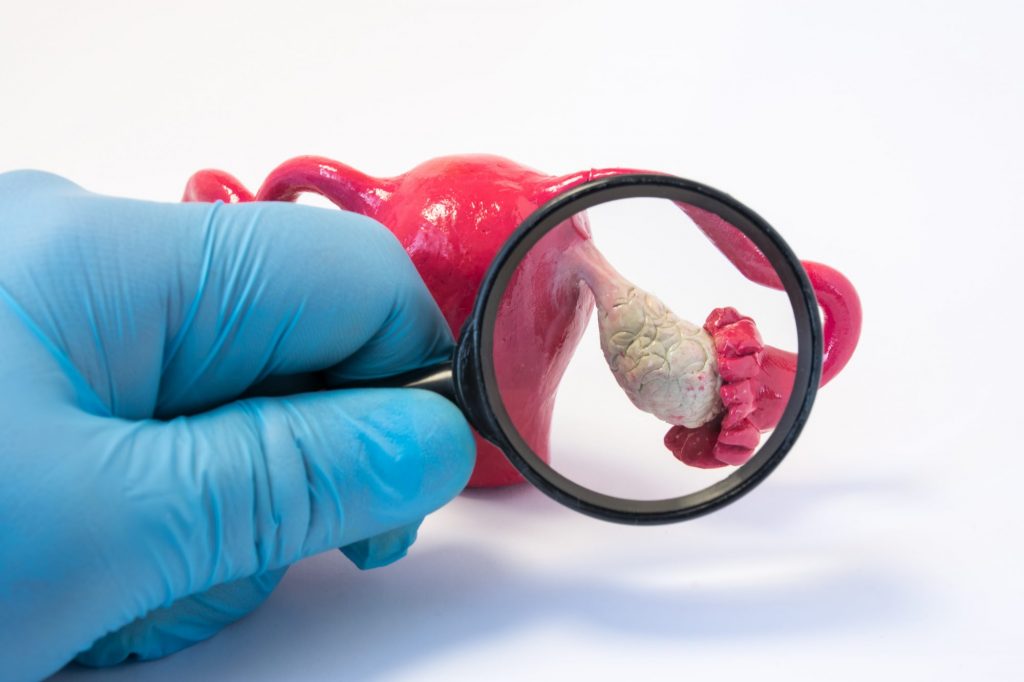
The Surprising Causes Of Polycystic Ovary Syndrome.
Polycystic ovary syndrome (PCOS) is a hormone imbalance that can cause problems with a woman’s menstrual cycle, fertility, and overall health. Despite being common, affecting one in 10 women of childbearing age, the causes of PCOS are still not fully understood.
In this blog post, we’ll explore some of the surprising possible causes of PCOS. Keep in mind that more research is needed to determine the precise causes of PCOS; however, these are some interesting possibilities to consider:
1. Genetics: PCOS can run in families, which suggests that genetics may play a role in its development.
2. Insulin resistance: Many women with PCOS have insulin resistance, meaning their bodies are less sensitive to the effects of insulin. This can lead to higher levels of insulin in the body and may contribute to the development of PCOS symptoms.
3. Inflammation: Some research has suggested that inflammation may be involved in the development of PCOS. This is an important area of research, as inflammation is linked to a number of other health conditions.
4. Environmental factors: There is some evidence that exposure to certain environmental toxins, such as certain pesticides, may contribute to the development of PCOS. More research is needed to confirm this link.
5. Stress: Some experts believe that stress may play a role in the development of PCOS. This is an area of ongoing research, and more studies are needed to confirm this link.
PCOS Diagnosis.
There is no one definitive test for PCOS. Instead, diagnosis is typically based on a combination of factors, including symptoms, family history, and bloodwork.
If you think you may have PCOS, it’s important to talk to your doctor. They can help you determine if you have the condition and develop a treatment plan that’s right for you.
Possible Complications.
Women with PCOS are more likely to develop certain serious health problems like:
1. Infertility: PCOS is one of the most common causes of infertility. Women with PCOS may have trouble ovulating or may not ovulate at all. This can make it difficult to get pregnant.
2. Type 2 diabetes: Women with PCOS are at increased risk of developing type 2 diabetes. This is thought to be due to insulin resistance, which is common in women with PCOS.
3. Sleep apnea: Sleep apnea is a condition that causes interrupted breathing during sleep. It has been linked to PCOS, although the exact connection is not clear.
4. Cardiovascular disease: Women with PCOS are at increased risk of developing cardiovascular disease, including heart disease and stroke. This may be due to the presence of risk factors such as obesity, insulin resistance, and high levels of certain hormones.
5. Depression and anxiety: Women with PCOS are at increased risk of developing depression and anxiety. This may be due to the physical and emotional effects of the condition, such as infertility, weight gain, and hair loss.
Polycystic Ovary Syndrome Treatments.
While there is no cure for PCOS, there are treatments that can help manage the symptoms. These include:
1. Birth control: Birth control pills can help regulate a woman’s menstrual cycle and reduce androgen levels.
2. Metformin: This medication can help improve insulin resistance and lower androgen levels.
3. Anti-androgens: These medications can block the effects of testosterone and reduce symptoms such as acne and excess hair growth.
4. Fertility treatments: If you’re hoping to become pregnant, fertility treatments such as in vitro fertilization (IVF) may be an option.
A Disease Not Yet Fully Understood.
While the exact causes of PCOS are still not fully understood, these are some of the possible contributing factors. If you’re concerned about your risk of developing PCOS, talk to your doctor about your family history and any other risk factors you may have.
With treatment, women with PCOS can often improve their symptoms and live healthy lives.
Dr James S Pendergraft | Orlando Women’s Center | Abortion Pill Clinic | Articles On Abortion


Leave a Reply